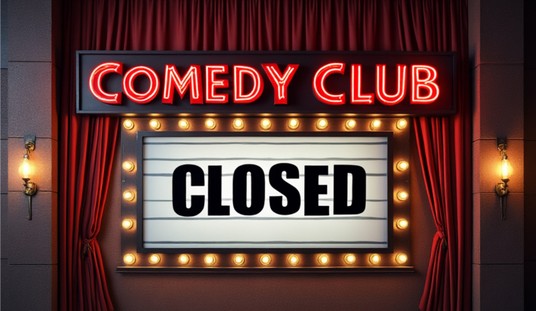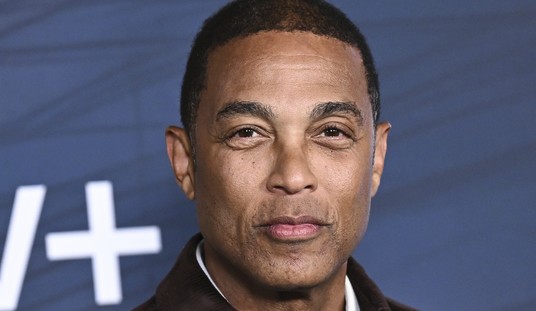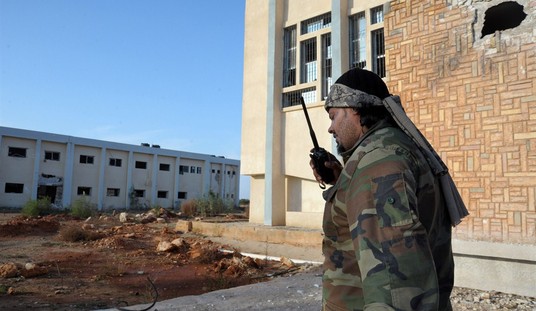
Courtesy AP Images
One of the longest and stupidest wars in American history — a legacy of both presidents named Bush — just keeps on keepin’ on, whether fought in “no-fly” zones, on the ground (twice) or by and between various Islamic proxies. And to what end? Certainly not anything that looks like victory.
As the war in Iraq deteriorated, a senior American intelligence analyst went public in 2005 and criticized President George W. Bush’s administration for pushing “amateurish and unrealistic” plans for the invasion two years before. Now that same man, Gregory Hooker, is at the center of an insurrection of United States Central Command intelligence analysts over America’s latest war in Iraq, and whether Congress, policy makers and the public are being given too rosy a picture of the situation.
As the senior Iraq analyst at Central Command, the military headquarters in Tampa that oversees American military operations across the Middle East and Central Asia, Mr. Hooker is the leader of a group of analysts that is accusing senior commanders of changing intelligence reports to paint an overly optimistic portrait of the American bombing campaign against the Islamic State. The Pentagon’s inspector general is investigating.
“Investigating.” Well, that’s certainly encouraging, although pretty much par for the course for a Democratic administration.
Although the investigation became public weeks ago, the source of the allegations and Mr. Hooker’s role have not been previously known. Interviews with more than a dozen current and former intelligence officials place the dispute directly at the heart of Central Command, with Mr. Hooker and his team in a fight over what Americans should believe about the war…
The investigation has repercussions beyond the question of whether the American-led bombing campaign in Iraq and Syria is succeeding. The allegations call into question how much the president — this one or the next — can rely on Centcom for honest assessments of military operations in Iraq, Afghanistan, Yemen and other crisis spots.
Several current and former officials said that it was the two most senior intelligence officers at Centcom — Maj. Gen. Steven Grove and his civilian deputy, Gregory Ryckman — who drew analysts’ ire with changes in draft intelligence assessments. But why the assessments were changed remains an open question. Some analysts suggested that leaders in Tampa feared that reporting bad news might anger the White House. Others described an institutional bias that makes it hard for the military to criticize its own operations.
Centcom’s leader, Gen. Lloyd J. Austin III, was chosen for the job in part because the White House regarded him as a steady, cautious loyalist who would execute military operations in the Middle East with little drama — an especially important consideration after the contentious relationship between the White House and Gen. James Mattis, the previous Centcom commander. General Austin gave testimony last week to the Senate Armed Services Committee that was roundly criticized by some lawmakers as being an overly positive assessment of the war’s progress.
The corruption of the armed services will be one of the darkest legacies of the Obama administration, which has been redoubling its efforts to punish Americans ever since the election of 2012. Things will get worse before they get even worse, and 2016 ought to be a doozy.









Join the conversation as a VIP Member